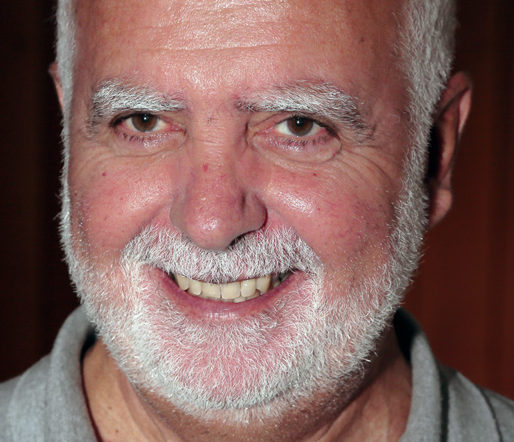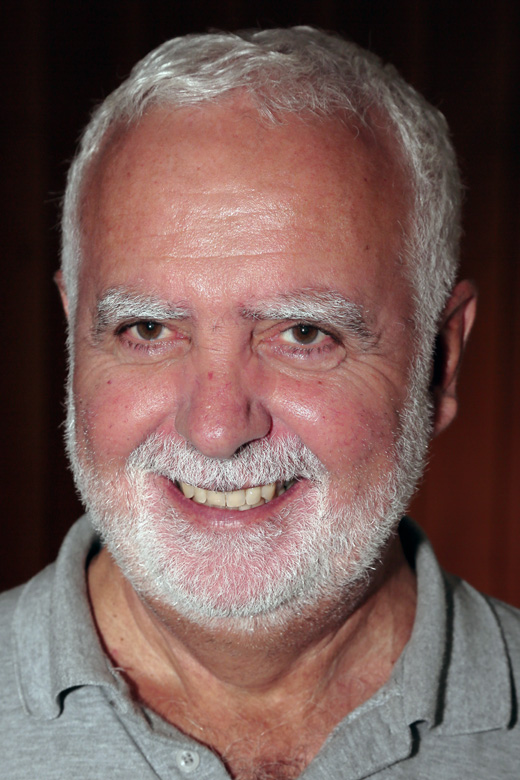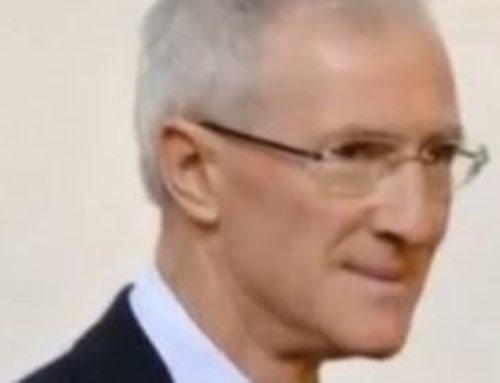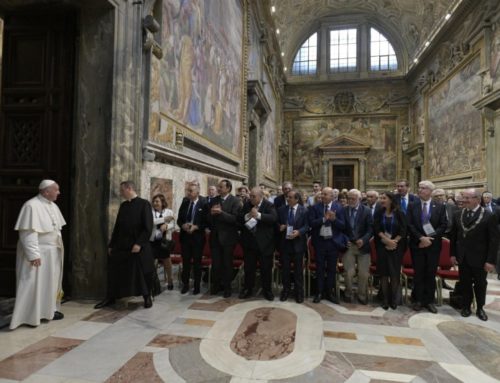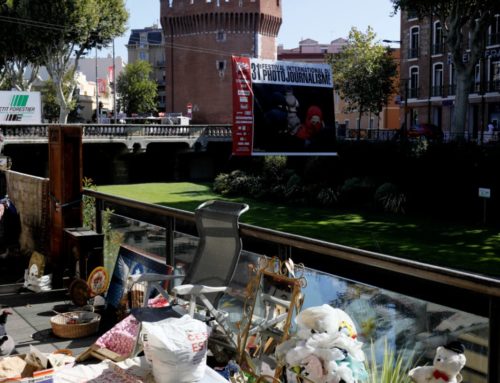Laudato sì, the new encyclical letter of Pope Francis, tackles many ecological themes, from the problem of climate change to pollution, from the issue of genetically modified organisms to experiments on animals. It would be somewhat restrictive, however, to situate it on the same level of theories the Holy Father considers as “superficial and apparent ecology”, which he counters with a “human ecology” or “integral ecology”, specifying “that an integral ecology calls for openness to categories which transcend the language of mathematics and biology, and take us to the heart of what it is to be human” (11).
In addition, numerous passages of this encyclical are quite critical of pro-ecology movements: “On the other hand, it is troubling that, when some ecological movements defend the integrity of the environment, rightly demanding that certain limits be imposed on scientific research, they sometimes fail to apply those same principles to human life. There is a tendency to justify transgressing all boundaries when experimentation is carried out on living human embryos” (136), or, “it is clearly inconsistent to combat trafficking in endangered species while remaining completely indifferent to human trafficking, unconcerned about the poor, or undertaking to destroy another human being deemed unwanted” (91). The encyclical also asserts that “the protection of nature is also incompatible with the justification of abortion” (120), and that it is likewise wrong to attribute environmental problems to demographic growth: “At times, developing countries face forms of international pressure which make economic assistance contingent on certain policies of ‘reproductive health’”(50).
Nature as creation of God the Father
Characteristic of the encyclical is its approach to environmental problems with the concept of nature interpreted as creation: “the word “creation” has a broader meaning than “nature”, for it has to do with God’s loving plan in which every creature has its own value and significance. Nature is usually seen as a system which can be studied, understood and controlled, whereas creation can only be understood as a gift from the outstretched hand of the Father of all, and as a reality illuminated by the love which calls us together into universal communion” (76).
The encyclical repeatedly recalls the fundamental importance of the idea of creation, and defends it against naturalistic theories that exclude both the existence and the work of a God Creator, and conversely argue that nature as well as man, as they appear to us today, are naught but the spontaneous product of a development phenomenon determined not by a plan, but by chance and the laws of nature alone. “I am well aware that in the areas of politics and philosophy there are those who firmly reject the idea of a Creator, or consider it irrelevant, and consequently dismiss as irrational the rich contribution which religions can make towards an integral ecology and the full development of humanity” (N. 62).
The fact of considering nature as creation, man as creature, and the supreme Being, God, as Creator, and taking into consideration their mutual relationships, becomes the key for bringing environmental problems into the mainstream of an integral ecology: “Human life is grounded in three fundamental and closely intertwined relationships: with God, with our neighbor and with the earth itself. According to the Bible, these three vital relationships have been broken, both outwardly and within us. This rupture is sin. The harmony between the Creator, humanity and creation as a whole was disrupted by our presuming to take the place of God and refusing to acknowledge our creaturely limitations” (N. 66).
Ecological issues may therefore be explained with man’s sin of pride. Created in the image and likeness of God,“human beings, even if we postulate a process of evolution, also possess a uniqueness which cannot be fully explained by the evolution of other open systems. Each of us has his or her own personal identity and is capable of entering into dialogue with others and with God himself. Our capacity to reason, to develop arguments, to be inventive, to interpret reality and to create art, along with other not yet discovered capacities, are signs of a uniqueness which transcends the spheres of physics and biology” (81). Due to sin, however, “human beings are not completely autonomous. Our freedom fades when it is handed over to the blind forces of the unconscious, of immediate needs, of self-interest, and of violence” (105). Individualism, egoism and aggressiveness can influence human behavior towards neighbor as well as towards things and other living beings. Environmental degradation and the degradation of interpersonal relations have the same root. (48).
The encyclical rejects visions of the world that deny creation: “ ‘By the word of the Lord the heavens were made’ (Ps 33:6). This tells us that the world came about as the result of a decision, not from chaos or chance, and this exalts it all the more. The creating word expresses a free choice” (77), and this concept is further clarified later on: “The prologue of the Gospel of John (1:1-18) reveals Christ’s creative work as the Divine Word (Logos)” (99).
Nature therefore becomes the place where a divine revelation takes place, and, “what is more, Saint Francis, faithful to Scripture, invites us to see nature as a magnificent book in which God speaks to us and grants us a glimpse of his infinite beauty and goodness” (12).
By virtue of its divine origin, intrinsic in nature is a structure that man must acknowledge and respect. In fact, it is necessary “to recognize that God created the world, writing into it an order and a dynamism that human beings have no right to ignore” (221). Human action on the environment must take into account the internal order of created reality, avoiding forms of manipulation and seeking to develop the properties innate in all things and every being. “Developing the created world in a prudent way is the best way of caring for it, as this means that we ourselves become the instrument used by God to bring out the potential which he himself inscribed in things” (124). From this viewpoint environmental damages are “only the most striking sign of a disregard for the message contained in the structures of nature itself” (117). Man must therefore be the responsible steward of the environment (116), and cannot dispose of nature as he may so wish (67).
Forms of individual behavior may also cause damage to the environment, but the encyclical attributes greater responsibility in that regard to what it defines as “the dominant technocratic paradigm” 101), which has “irrational confidence in progress and human abilities” (19) and cultivates “the idea of infinite or unlimited growth, which proves so attractive to economists, financiers and experts in technology” (106). This paradigm considers nature to be a sort of formless material that can be manipulated at will. “It can be said that many problems of today’s world stem from the tendency, at times unconscious, to make the method and aims of science and technology an epistemological paradigm which shapes the lives of individuals and the workings of society” (107). The encyclical does not condemn science and technology, but notes that if they are not regulated by moral principles, they can justify everything (136), and be exploited for biased interests instead of being placed at the service of the common good. A truly integral ecology should oppose “resistance to the assault of the technocratic paradigm” (111).
In a homily delivered on 12 September 2006, Pope Benedict XVI said: “We believe in God. This is a fundamental decision on our part. But again the question has to be asked: is this still possible today? Is it reasonable? From the Enlightenment on, science, at least in part, has applied itself to seeking an explanation of the world in which God would be unnecessary. And if this were so, he would also become unnecessary in our lives”. The encyclical does not refrain from exposing technical reason’s presumption of being able to explain the world instead of being astonished by the beauty of nature’s innate order, and uses prophetic tones when criticizing scientistic ideologies and other dominant modern and post-modern theories in order to proclaim faith “in one God, Father Almighty, creator of heaven and earth, of all things visible and invisible”.
Dr. Ermanno Pavesi
Secretary General of the World Federation of the Associations of Catholic Medical Associations

